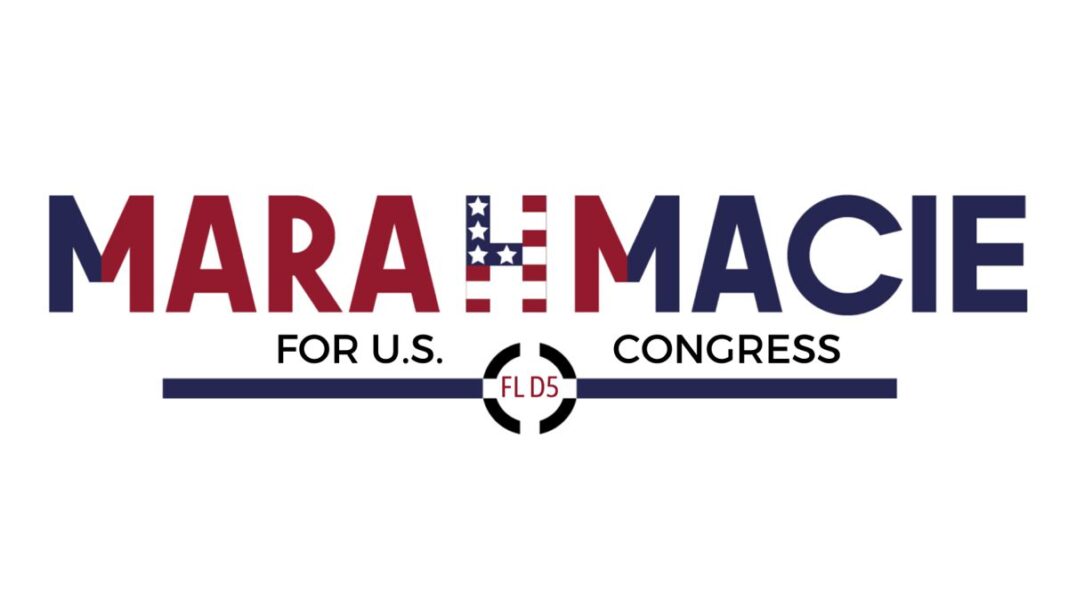
Elon Musk’s brain implant promises to be available to the average person and eliminate a host of ailments. Learn what’s involved.
Imagine searching Google with your mind, committing your thoughts to a journal without lifting a finger, and directing superhuman robotic strength. Imagine: all of your thoughts decoded into a language compatible with computers. Running through a server. Controlled by—hopefully, someone who’s trustworthy.
Consider all that, and you have a taste for the context surrounding Neuralink.
The brain–computer interface (BCI) company Neuralink recently announced it had received U.S. Food and Drug Administration (FDA) clearance to start trials implanting brain chips in humans. For those who haven’t been following, Neuralink was started by Elon Musk in 2016 to develop microchips that can send and receive data directly from the human brain.
The subject is undeniably fascinating and very portentous. However, as with many frontier scientific topics, this emergent technology has risks and concerns. As Spiderman’s Uncle Ben once said: “With great power comes great responsibility.”
What Is the Neuralink Chip?
The Neuralink chip is a small piece of hardware a little wider and thicker than a quarter. Attached to the chip are 64 wires, each just a few microns thick and with 16 microscopic electrodes on it. (For reference, a micron is one-fifteenth the width of a single hair.)
Part of how brain cells communicate is by sending tiny electrical impulses. For this reason, clinicians and scientists use devices with electrodes—most commonly, a noninvasive encephalography (EEG) cap—to gauge brain activity by measuring cell signaling.
It follows that if neurons use electrical impulses to coordinate their functions, then we can also affect brain function by sending impulses from an electrode to the cells. In some serious neurological cases—such as epilepsy, Parkinson’s disease, or chronic pain—deep brain stimulation (DBS) uses electrical signals to modify cell signaling therapeutically.
The advantage of implants is precision. With external devices, the skull and tissue attenuate part of the signal. Thus, for fine-grained functions like, say, flexing your finger, invasive electrodes provide better accuracy when both measuring and delivering impulses.
How Is the Neuralink Chip Used?
The Neuralink chip is surgically implanted. During the procedure, a precision robot drills a hole into a person’s skull, then gingerly pushes the threads into the brain. The process takes a few hours. After healing, the device is invisible but for a minimal scar and is designed to be charged through customized items, like a special pillow or baseball cap. The surgery is expected to cost insurers about $40,000.







